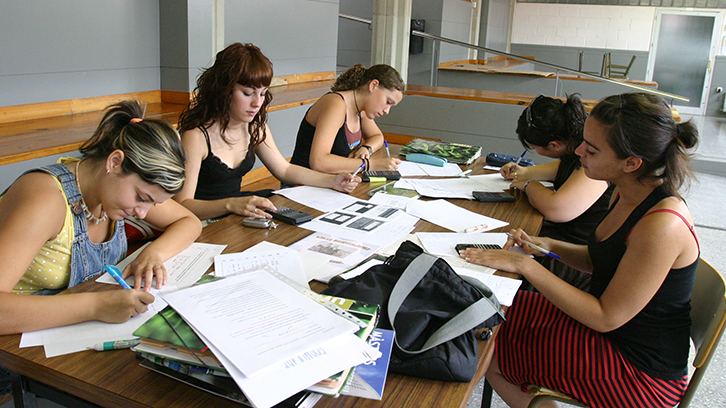How do primary education trainee teachers perceive educational psychology?

Despite the privileged space that Psychology receives in the curriculum of the teacher trainee students, many studies emphasize deficiencies in its teaching. Those deficiencies refer to the fact that it tends to be too theoretical and too focused on concepts and conceptual issues, and thus students refer that its understanding becomes complex and that they are not enough motivated to learn those contents. Therefore, at a long term it becomes difficult to apply the knowledge acquired to their future practice in the educative context.
In a study realized in the context of the ARMIF program (Program of Improvement and Innovation of Teacher Training), the teaching team of the course “Learning and Development” of the Universitat Autònoma de Barcelona, explored the attributed importance of the Bachelor on Primary Education students’ to that course. Moreover, it also explored the difficulties that those students perceived in the teaching process of this course. Data was collected thought a questionnaire completed by 561 students and on a focused interview conducted with a selected sample of the participants (n=24).
Results evidenced that learning how to manage the class, understanding the students’ behavior, organizing cooperative activities, and integrating the students with especial education needs are fundamental concerns and, moreover, they coincide with their learning expectations in the courses of education psychology. Furthermore, our study also shown that the conceptual basis of the children development and the children learning processes are less attractive topics for the teacher training students.
In our opinion, these results might be related with the professors’ resistance to renounce to traditional academic discourses, and thus to focus on theoretical approaches which pay less attention to the future teachers’ needs. Alternatively, we should implement teaching practices that stimulate the reflection about the contents, as for the students to learn to use the tools of a discipline, they need to be involved in that community and culture.
In what refers to the future, we think that it is worth trying to implement the learning process as a process of active participation, create opportunities for the students to learn in a meaningful way, and emphasize the situated learning, as it is important that the students understand the value and the meaning of the conceptual basis for their future practice.
As psychology professors, we have a true opportunity in our hands to reach this objective and thus to contribute to the redefinition of the theory of psychology for our educative practices. If we succeed in teaching topics of interest for the students in a creative and motivating way, and in the implementation of the situated learning about highly relevant problems for the professional practice, the teaching of psychology would effectively contribute to the professional development of the future professors.
Universitat Autònoma de Barcelona
References
Alvarez, I.M., Weise, C., Vall, B., González, M., & Morodo, A. (2017). How do primary education trainee teachers perceive educational psychology? Teachers and Teaching, 24 (1), 81-94. DOI: 10.1080/13540602.2017.1379388
Enlace al artículo: http://dx.doi.org/10.1080/13540602.2017.1379388

